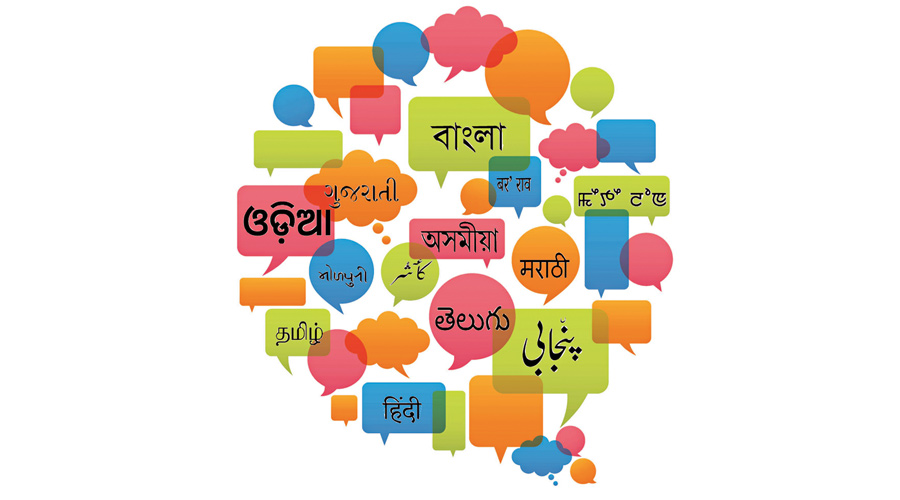The Roman Script for Kokborok-Choba (RSKC), a conglomeration of 56 indigenous socio-cultural organizations of Tripura have opposed the move to make Hindi a compulsory subject till Class 10 in the northeastern states.
RSKC president Bikash Roy Debbarma told reporters on Friday that "RSKC is neither against Hindi or Devanagari, but it strongly opposes the forceful imposition of Hindi language and Devanagari script in NE states in general and Tripura in particular."
He said, language is a state subject and RSKC is of the opinion that making Hindi compulsory in Northeast is nothing but blatant deviation from constitutional provision .
As far as the script is concerned, RSKC is opposed to the proposal of the Central government to impose Devanagari on languages not having their own scripts.
"The Union government can't dictate or impose Devanagari to any linguistic group against their will or choice. Right to choose is a constitutional guarantee which can't be snatched away", he said.
Debbarma said the people of Northeast are peace loving but making Hindi compulsory for NE people will be an "ill-move", which RSKC feels will be counter-productive.
He further urged the Central government not to make Hindi compulsory in NE states and leave it to the people.
"The Indigenous people including Kokborok speaking people should be given the right to choose their script for their own mother tongue", he said.
Responding to a question on what will be the script for Kokborok, Debbarma said "over 90 per cent of indigenous people prefer the Roman script for Kokborok."
In Tripura, the script for Kokborok, the mother tongue of around 80 per cent of 19 indigenous tribes, could not be finalised yet even after the constitution of two language commissions earlier.
 Wednesday, 22 January 2025
Wednesday, 22 January 2025










